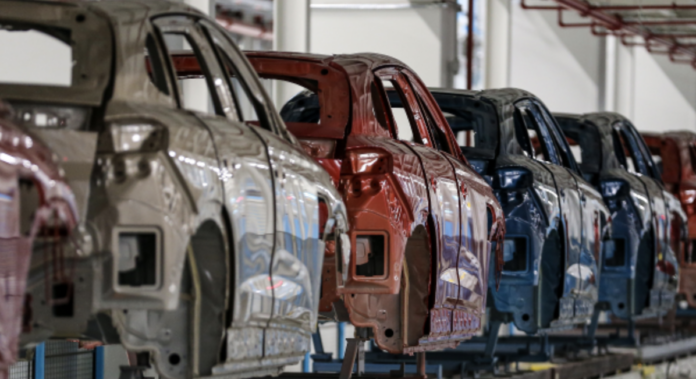Last week, the Business and Human Rights Resource Center in London (BHRRC), an advocacy group for human rights with a research team from around the world, released a report that warned about human rights violations and damage to the environment in supply chains of electric vehicle (EV), batteries.
The report entitled “Powering electric vehicles: Human Rights and environmental abuses in Southeast Asia’s Nickel Supply Chains” endorsed the shift towards “carbon-neutral economies,” which could be helped by electric cars, but warned of “endemic human right issues relating the components required for renewable energy products.”
BHRRC concentrated on nickel. Nickel is a crucial mineral for battery production, which flows through a particularly opaque and troubling chain of supply.
The report stated that “Without transparency in supply chains, investors, end-users and battery manufacturers appear to be detached from abuses lower on the value chain, and can get by with not addressing the risks.” It avoided the possibility of EV manufacturers from the West wanting to distance themselves from abusive practices used to provide them components at affordable prices.
BHRRC focused its attention on two Chinese companies in Indonesia: Zhejiang Cobalt (ZHC), and CNGR Advanced Materials. Rio Tuba was accused of polluting water through its nickel mining, as well as destroying rainforests and exploiting indigenous communities and local residents.
Hexavalent chrome, a cancerous agent, was allegedly present in the water. Residents living near the mine reported “an increase in coughs, other respiratory problems and skin lesions.”
BHRRC report says there’s evidence local landowners, tribal residents and their consent was misled. Tribal leaders now oppose Rio Tuba expanding its operations.
Chinese mining operations were also blamed for water pollution and respiratory problems among local residents. Local fishermen claimed that toxic and hot wastewater discharges had destroyed their fishing grounds.
Indonesia and the Philippines currently rank as the world’s top two nickel producers, although the Philippines is a distant second behind Indonesia. BHRRC cited Ford and Tesla as the two biggest customers of Indonesian nickel.
Melky Nahar, of the Mining Advocacy Network, told Radio Free Asia via an affiliated news agency on Tuesday that Elon Musk’s belief that nickel extraction was eco-friendly is untrue. She was referring to Tesla CEO Elon Musk.
Pochoy Labog, a researcher at BHRRC Southeast Asian, told RFA that “human rights abuses within electric vehicle supply chains must be investigated and mitigated urgently… supply chain transparency and accountable must be the core of this.”
Labog stated that “the positive momentum towards electric cars risks being derailed by the unaddressed abusive practices.”
He urged, “While the shift to greener energy sources must be encouraged,” now is the right time to ask serious questions about human rights violations in the electric vehicle supply chain.
Human rights and environment advocates who are ideologically supportive of the EV industry have difficulty grappling with how endemically and perhaps inescapably abusive and dirty these supply chains are. Evidence is mounting that EV production is heavily reliant upon low-cost materials from China and other human rights offenders that cut costs through poor treatment of workers and mining operations that wouldn’t pass muster with Western Environmental Agencies.
EVs (and internal combustion engines) are already more expensive and less popular than ICE vehicles. Without the cheap materials flowing from sketchy supply chain, costs would rise even further. To compete with China’s rare earths dominance, more transparent and rights conscious countries would need to invest a lot of money and time in developing their mining and processing industries.
Harvard Professor Siddharth Kar caused a stir late last year when he published his book Cobalt Red, How the Blood of the Congo Fuels Our Lives. He also conducted an interview with podcast star Joe Rogan. Kara warned that the battery industry’s ravenous appetite to cobalt supported a regime of “slavery,” including child labor, which inflicted “more suffering” than any other slave regime.
Kara laughed at the idea of “clean cobalt”, and stated that the industry couldn’t afford to stop working with those who violated human rights and the environment. The BHRRC’s report provides further proof that the “transition” to electric vehicles is not an easy one.


